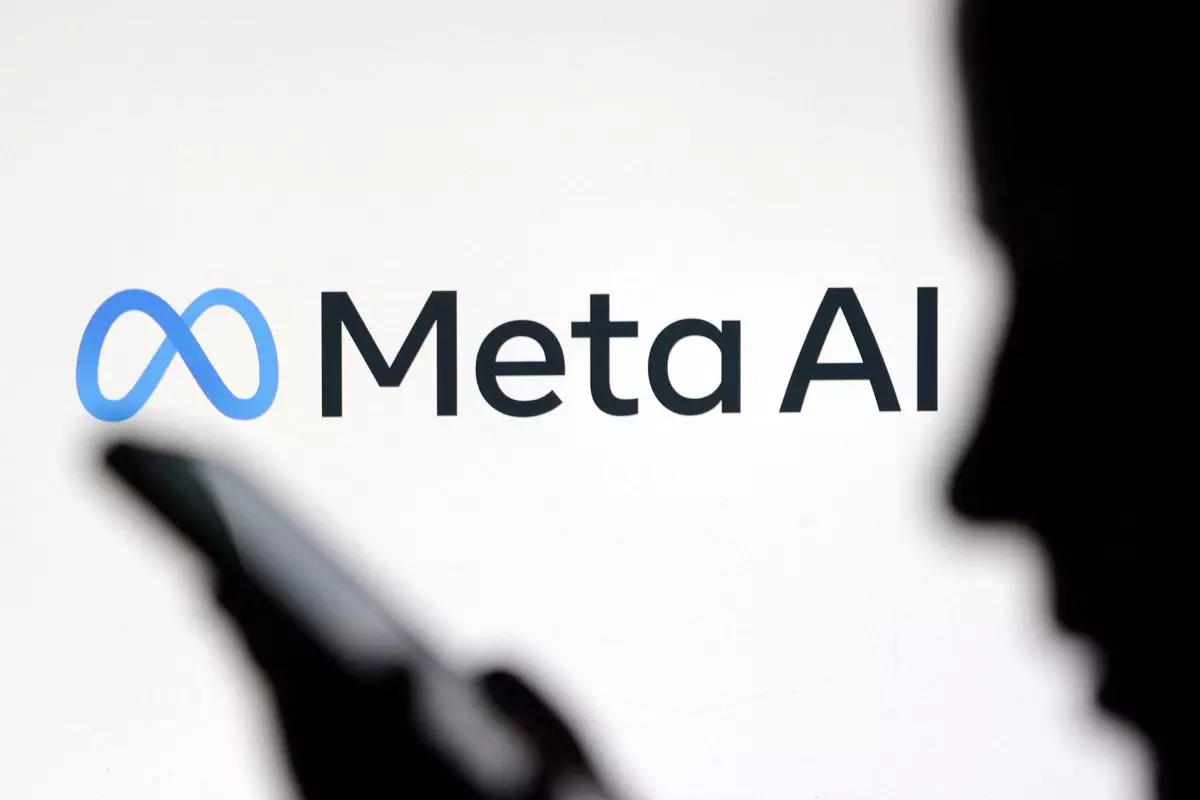In a groundbreaking move, Meta—Facebook’s parent company—unveiled a series of cutting-edge AI models from its research division this past Friday. Among these innovations is the “Self-Taught Evaluator,” which could signify a significant reduction in human involvement within the AI development lifecycle. This endeavor aligns with the increasing demand for AI to become more efficient and self-reliant, ultimately leading to the creation of fully autonomous systems capable of self-improvement.
The Self-Taught Evaluator, as detailed in a paper published in August, employs an advanced technique known as “chain of thought.” This approach, which has gained traction in the AI community, involves deconstructing complex problems into manageable components to enhance accuracy in decision-making. By adopting this technique, the new model aims to navigate challenging domains such as coding, mathematics, and scientific problem-solving with greater reliability.
A noteworthy aspect of this initiative is the exclusive use of AI-generated data for training the Self-Taught Evaluator. This innovative step diminishes the reliance on human annotators, a labor-intensive process often hindered by issues of expertise and accuracy. The traditional method, known as Reinforcement Learning from Human Feedback (RLHF), is criticized for its inefficiencies and associated costs. By leveraging AI for evaluation, Meta’s researchers argue that this model could open new avenues for creating intelligent agents that learn from their experiences without the need for human intervention.
As articulated by Jason Weston, one of the pioneering researchers involved in this project, the shift towards self-evaluation is not merely a technical improvement; it represents a fundamental change in how AI can support human activities. The vision is to cultivate AI systems that surpass human capabilities, not just in execution but also in quality control—essentially evolving the process by which these systems check their own work.
In an era where various tech giants are racing towards similar goals, other companies such as Google and Anthropic have also explored models based on Reinforcement Learning from AI Feedback (RLAIF). However, a distinguishing factor for Meta lies in its commitment to making these tools accessible for public use, setting it apart from competitors who often restrict access to their models. This transparency could foster innovation and facilitate broader collaboration across the industry, ultimately accelerating AI development.
In addition to the Self-Taught Evaluator, Meta also introduced updates to its image-identification tool, the Segment Anything model, alongside enhancements to large language model (LLM) response times. Furthermore, it released datasets aimed at expediting the search for new inorganic materials, indicating Meta’s multifaceted approach to advancing AI technology.
Meta’s ambitious focus on self-evaluating AI heralds a new chapter in artificial intelligence development. The promise of AI systems capable of self-correction and self-improvement could reshape the landscape of digital assistance, making it possible for these agents to tackle increasingly complex tasks with minimal human oversight. As the pursuit of super-human-level AI progresses, the implications of these developments might revolutionize not only technology but also the very fabric of how we engage with digital tools in our daily lives.


Leave a Reply